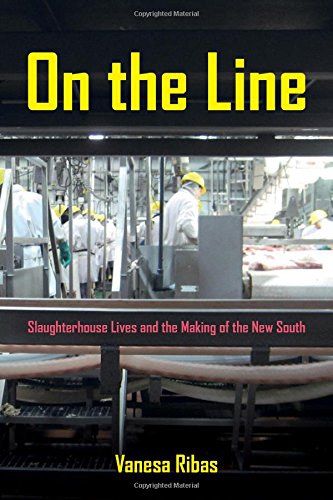

Most ebook files are in PDF format, so you can easily read them using various software such as Foxit Reader or directly on the Google Chrome browser.
Some ebook files are released by publishers in other formats such as .awz, .mobi, .epub, .fb2, etc. You may need to install specific software to read these formats on mobile/PC, such as Calibre.
Please read the tutorial at this link: https://ebookbell.com/faq
We offer FREE conversion to the popular formats you request; however, this may take some time. Therefore, right after payment, please email us, and we will try to provide the service as quickly as possible.
For some exceptional file formats or broken links (if any), please refrain from opening any disputes. Instead, email us first, and we will try to assist within a maximum of 6 hours.
EbookBell Team

0.0
0 reviews“How does one put into words the rage that workers feel when supervisors threaten to replace them with workers who will not go to the bathroom in the course of a fourteen-hour day of hard labor, even if it means wetting themselves on the line?”—From the Preface
In this gutsy, eye-opening examination of the lives of workers in the New South, Vanesa Ribas, working alongside mostly Latino/a and native-born African American laborers for sixteen months, takes us inside the contemporary American slaughterhouse. Ribas, a native Spanish speaker, occupies an insider/outsider status there, enabling her to capture vividly the oppressive exploitation experienced by her fellow workers. She showcases the particular vulnerabilities faced by immigrant workers—a constant looming threat of deportation, reluctance to seek medical attention, and family separation—as she also illuminates how workers find connection and moments of pleasure during their grueling shifts. Bringing to the fore the words, ideas, and struggles of the workers themselves, On The Line underlines how deep racial tensions permeate the factory, as an overwhelmingly minority workforce is subject to white dominance. Compulsively readable, this extraordinary ethnography makes a powerful case for greater labor protection, especially for our nation’s most vulnerable workers.
**